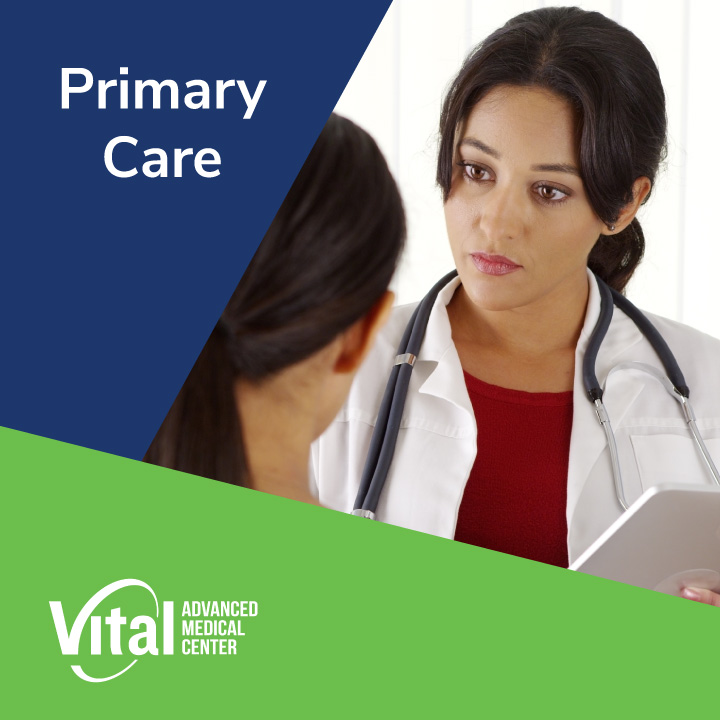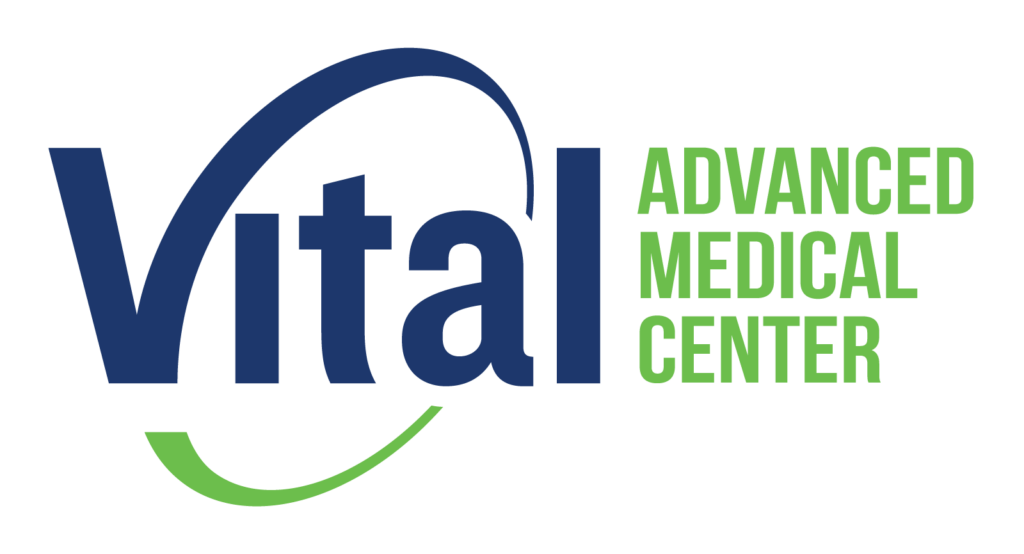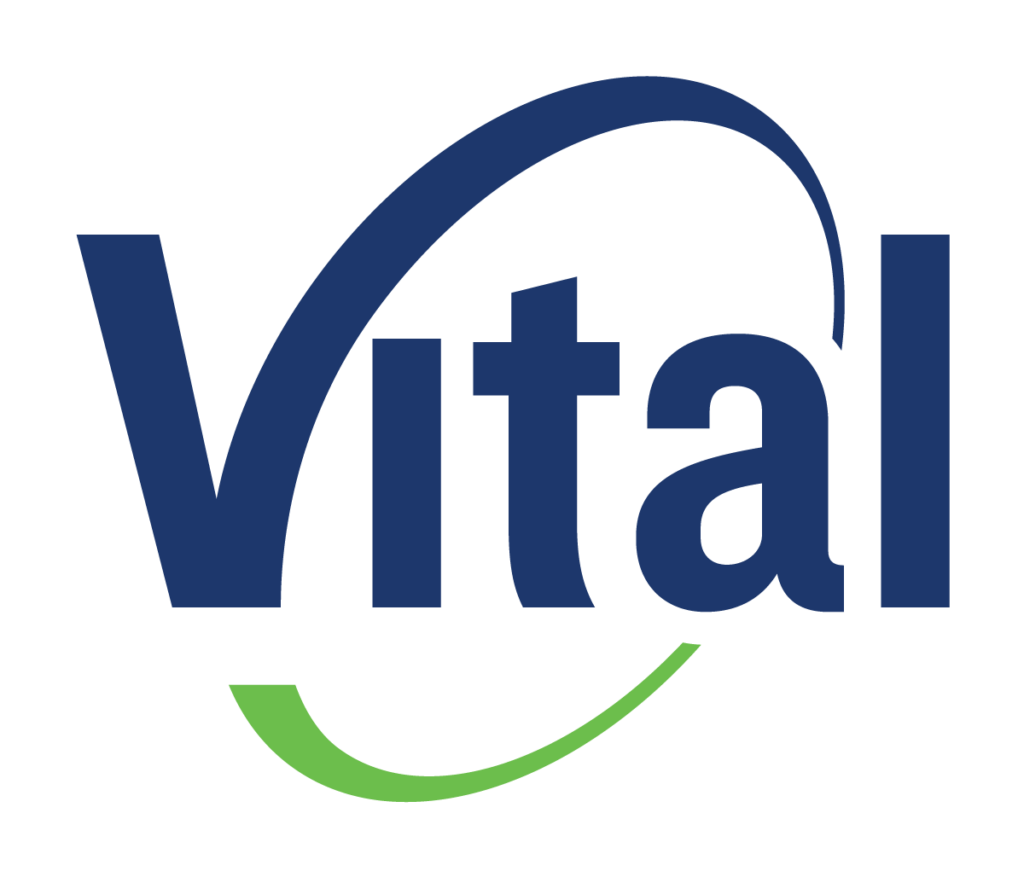WHAT IS A STROKE AND WHAT CAN YOU DO ABOUT IT?

A stroke occurs when the blood supply to part of your brain is interrupted or reduced, depriving brain tissue of oxygen and nutrients. Within minutes, brain cells begin to die. This can cause lasting brain damage, long-term disability, or even death. There are two main types of stroke: ischemic stroke, which is caused by a blockage in a blood vessel supplying the brain, and hemorrhagic stroke, which is caused by bleeding in or around the brain.
WHAT ARE THE SYMPTOMS OF A STROKE?
Symptoms of stroke can include sudden numbness or weakness of the face, arm, or leg, especially on one side of the body, sudden confusion, trouble speaking or understanding speech, sudden trouble seeing in one or both eyes, sudden trouble walking, dizziness, loss of balance, or coordination, and sudden severe headache with no known cause. It’s crucial to seek immediate medical attention if you suspect you or someone else is having a stroke, as early treatment can minimize brain damage and potential complications. Which is why annual checkups with your Primary Care Doctor, particularly if you are elderly, is vital.
HOW CAN YOU PREVENT GETTING A STROKE?
Preventing a stroke involves adopting a healthy lifestyle and managing medical conditions that can increase your risk. Here are some key strategies for stroke prevention:
Eat a balanced diet rich in fruits, vegetables, whole grains, lean proteins, and healthy fats. Limit saturated fats, trans fats, cholesterol, sodium, and added sugars.
Engage in regular physical activity most days of the week. Aim for at least 150 minutes of moderate-intensity aerobic exercise or 75 minutes of vigorous-intensity exercise per week, along with muscle-strengthening activities on two or more days per week.
Maintain a Healthy Weight. Being overweight or obese increases your risk of stroke. Aim to achieve and maintain a healthy weight through a combination of diet and exercise.
Stop smoking. Smoking increases your risk of stroke by damaging blood vessels and increasing blood pressure. If you smoke, quit. If you don’t smoke, don’t start.
Limit your alcohol consumption. Excessive alcohol intake can raise blood pressure and contribute to other stroke risk factors. Limit alcohol consumption to moderate levels, which is up to one drink per day for women and up to two drinks per day for men.
Manage your chronic conditions such as high blood pressure, diabetes, high cholesterol, and atrial fibrillation (an irregular heart rhythm) through medication, lifestyle changes, and regular medical care.
If you are in the Tampa area, stay on top of your health by scheduling regular check-ups with Vital Advanced Medical Center your Direct Primary Care provider in Tampa. Monitor your blood pressure, cholesterol levels, and blood sugar levels as recommended.
Address stress. Chronic stress can contribute to high blood pressure and other stroke risk factors. Practice stress-reducing techniques such as mindfulness, meditation, deep breathing exercises, yoga, or hobbies you enjoy.
Know your family history. Some stroke risk factors, such as genetics, cannot be controlled. However, knowing your family history of stroke and discussing it with your healthcare provider can help you understand your personal risk and take appropriate preventive measures.
Follow medical advice. If you have any medical conditions or risk factors for stroke, follow your Primary Care Doctor advice for managing them. This may include taking medications as prescribed, attending regular follow-up appointments, and making necessary lifestyle changes.
By adopting these healthy habits and managing your risk factors, you can significantly reduce your chances of having a stroke.
WHAT TO DO IF YOU HAVE A STROKE
If you suspect that you or someone else is having a stroke, it’s crucial to act quickly. Every minute counts because early treatment can minimize brain damage and potential complications. Here’s what you should do:
Call Emergency Services. Immediately call emergency services or your local emergency number. In many places, this number is 911. Do not wait to see if symptoms improve. Time is of the essence.
Note the time when the symptoms first appeared. This is important information for healthcare providers and can affect treatment decisions.
If you’re with someone who is experiencing a stroke, stay calm and reassure them. Encourage them to stay as calm as possible.
Help the person sit or lie down in a comfortable position. Loosen any tight clothing and make sure there’s nothing constricting around their neck.
Don’t give the person anything to eat or drink, even if they ask for it. Swallowing ability may be compromised during a stroke, and giving food or drink could cause choking.
While waiting for emergency services to arrive, monitor the person’s vital signs, such as breathing, pulse, and level of consciousness. Be prepared to perform CPR if the person becomes unresponsive and stops breathing.
When emergency services arrive, provide them with all relevant information, including the time when symptoms first appeared and any other relevant medical history.
Remember, the most important thing is to seek medical attention as quickly as possible. Time lost is brain lost during a stroke, so prompt action can greatly improve the chances of recovery. At Vital Advanced Medical Center, our Primary Care Doctor in Tampa can help monitor your health to prevent chronic diseases such as heart disease and stroke.

